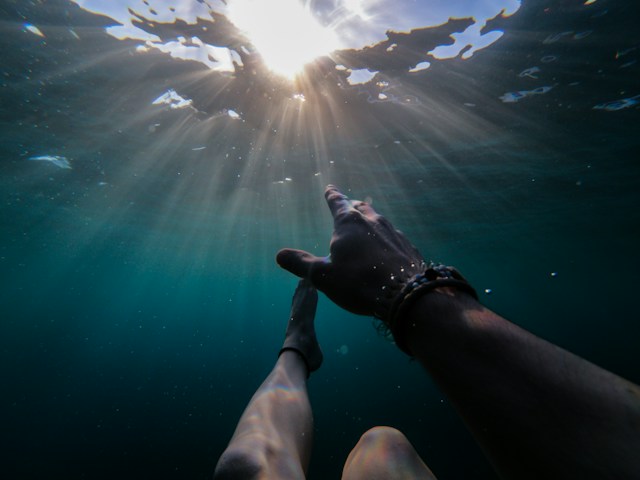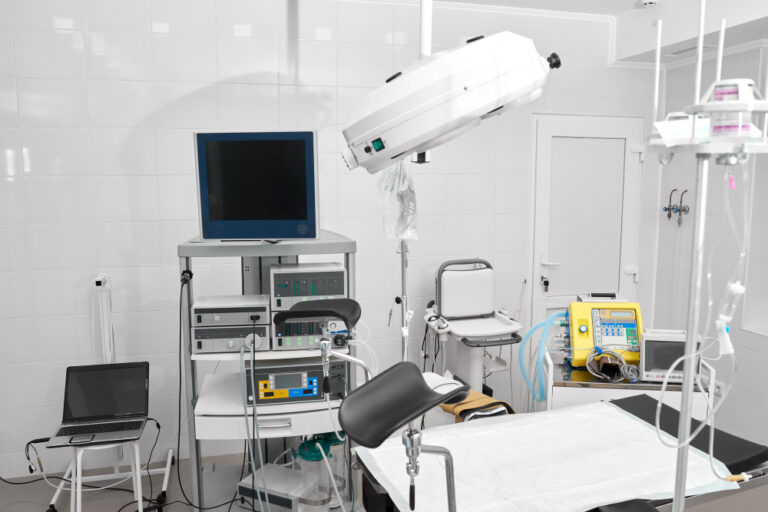Exploring the underwater world offers a unique perspective on the wonders beneath the surface. Complete with both exhilarating and thrilling, the inspiring adventure has beauty and risks that demand respect and careful consideration. Diving accidents demand divers to prioritize safety and comprehensive knowledge.
Diving Accidents
Any form of diving, including SCUBA diving, snorkel diving, or just entering the sea presents a potential risk of accidents. The causes of accidents can be categorized as equipment problems, environmental factors, and ultimately, human errors. Here are three common diving accidents you can learn about.
1. Drowning
Drowning is the most common water incident, whether it’s in the open water or swimming pools. There are various factors contributing to drowning in the context of diving such as drug use, lack of skills, or improper equipment.
Incapacitation can also occur when in the middle of the activity. Diver becomes incapacitated because of factors such as decompression sickness, pneumothorax, cerebral air embolism, or carbon monoxide poisoning. These factors ultimately make divers unable to swim properly, which leads to drowning.
2. Physical Trauma
Physical trauma comes with various reasons, such as encounters with marine life, objects, or the environment. For example, some diving accidents involving physical trauma, include the following.
- Entanglement with objects underwater, fishing lines, or ropes;
- cuts or bruises from coral or wrecks;
- inadequate buoyancy; and
- accidents involving boats entering or exiting the waters.
Being aware of one’s physical surroundings helps prevent physical trauma. Additionally, the divers should also learn about first aid in case of an accident or emergency situation.
3. Equipment Issues
When it comes to equipment, the root of the problem is either usage or maintenance. There are three common equipment-related issues in diving accidents, as follows.
a. Inadequate maintenance
Improper maintenance can lead to malfunctions and failure of equipment, especially failure to inspect each equipment before the dive.
b. Lack of Familiarity
Divers who are not affable to specific gear might use it incorrectly, potentially leading to accidents. Particularly, amateur divers may experience negligence when using pieces of unfamiliar equipment, causing problems to arise unexpectedly.
c. Medical Issues
Divers’ health is a crucial consideration. Pre-existing conditions, such as hydration and medication can compromise well-being underwater. Comprehensive medical evaluations before diving, self-awareness, and commitment to maintaining physical fitness are essential in preventing any accident.
Lethal Diving Accidents
Scuba diving particularly poses a higher risk of lethal accidents. Accidents during scuba diving are often associated with the following conditions.
1. Asphyxia
Asphyxia refers to a condition where the body doesn’t receive enough supply of oxygen. In diving, asphyxia can occur due to various factors, such as breath-holding inadequate exhalation during ascent, and pulmonary barotrauma.
Pulmonary barotrauma can occur because of a sudden change in air pressure, causing damage to the lungs. The condition most often occurs during ascent, when scuba divers return to the surface without exhaling or when air is trapped in the lungs, resulting in lung overexpansion.
In addition, pre-existing lung conditions such as asthma, tuberculosis, and other lung diseases are increasing the risk of asphyxia during diving. Thus, proper ascent timing and techniques are essential. Besides, individuals with pre-existing lung conditions should be evaluated and treated respectively.
2. Air Embolism
Inchangebly called gas embolism, an air embolism is a catastrophic event when one or more bubbles enter the vein or artery and block it. This fatal condition potentially leads to serious consequences, such as strokes or heart attacks.
Air Embolism can also cause pulmonary barotrauma, involving expanding air in the lungs resulting in the rupture of air sacs. AGE, or Arterial Gas Embolism condition, is much more lethal since the bubble blocks the blood supply to organs.
The symptoms of AGE can include neurological manifestations such as confusion, weakness, dizziness, or loss of consciousness. Along with neurological issues, the body experiences other systemic effects, such as abnormal heart rhythms, cardiac arrest, skin discoloration, and kidney injury.
Divers diagnosed with AGE should be treated promptly. Two critical parts of AGE treatment are promptly giving 100% oxygen and transporting to a recompression chamber for hyperbaric oxygen treatment.
3. Cardiac Events
Particularly arrhythmias and sudden cardiac death are significant factors contributing to fatalities in diving accidents. Approximately 20 to 30 percent of deaths as a result of these conditions.
Sudden Cardiac Death (SCD) is an unexpected loss of heart function, that often occurs in people who were unaware of their heart disease. While arrhythmia is a condition of abnormal heartbeats.
Diving causes an increase in metabolic oxygen consumption from muscular contraction. With aging and diseases, the heart’s capacity to support this action decreases. Individuals with cardiovascular risk should undergo a complete cardiac risk assessment before scuba diving.
Although the risk of dying in recreational diving is slim, a progressive sequence of events, human error, and the diver’s physiological factors can trigger fatalities. Divers need to undergo proper training and be aware of potential physiological risks.
Legal Liabilities in Case of Accidents
The legal liability in diving accidents is a complex issue. Diving operators often use waivers which require divers to follow established safe diving protocols and agree to not sue the operator for injuries and damages during it.
However, a liability waiver may not protect dive operators from legal consequences for gross negligence or incidents that fall far outside normal diving risks. In case of an accident, determining liability may involve investigating actions, omissions, and conduct of parties involved.
Recreational diving often requires divers to care for other divers, in case of an injury or loss may lead to civil litigation. Legal experts have noted that despite Buddy’s incorrect action, cases of Dive Buddy’s negligence rarely happen.
Besides, divemasters and instructors are generally equipped with professional liability insurance.
Thoroughly Inspect All You Need to Prevent Diving Accidents!
Diving, whatever form it takes, requires two certainties which consist of physical health and appropriate equipment. These two factors are not easy to be certain of, but you can always carry out sufficient checkers before the dive.
Bear in mind to read and fill out the participation form or liability release and medical form with proper information thoroughly before signing it and jumping into the water.



